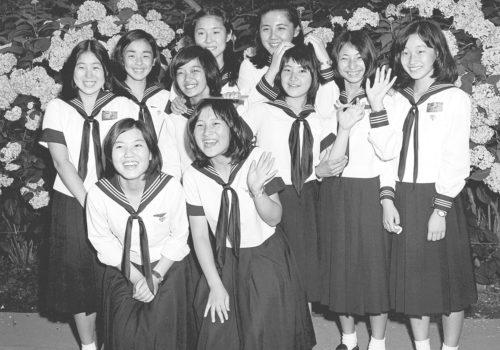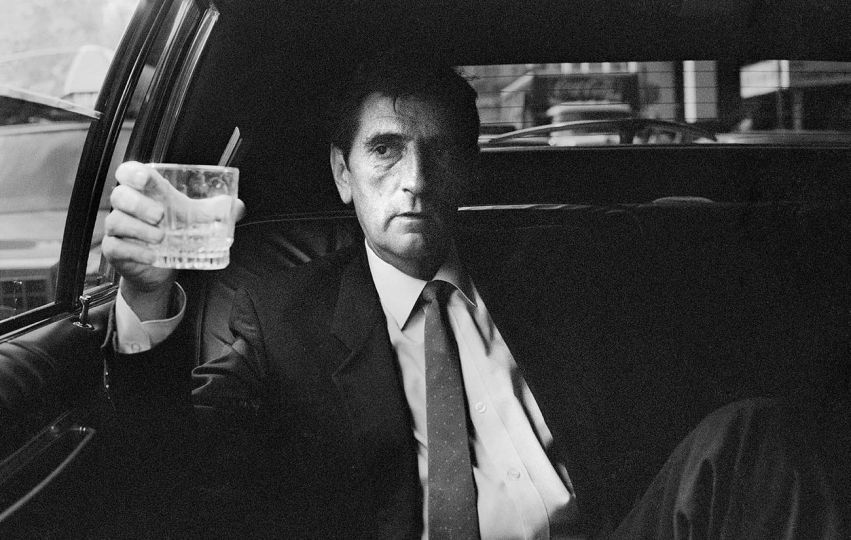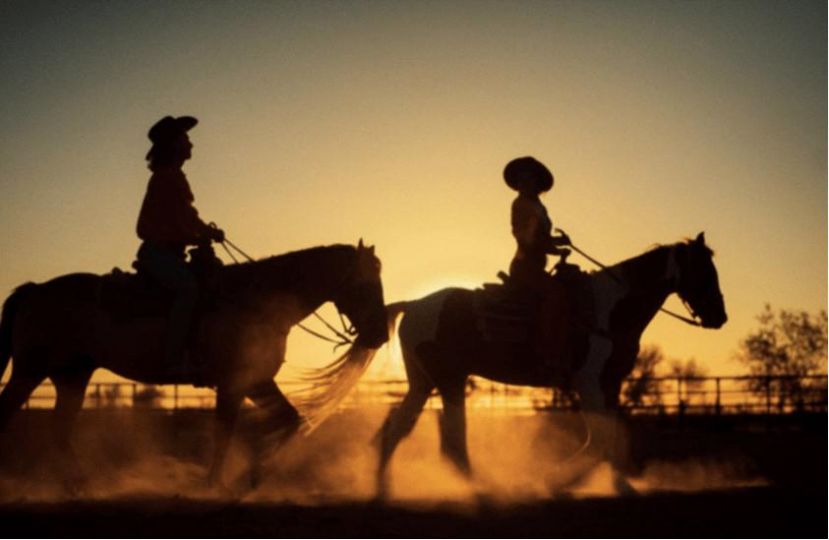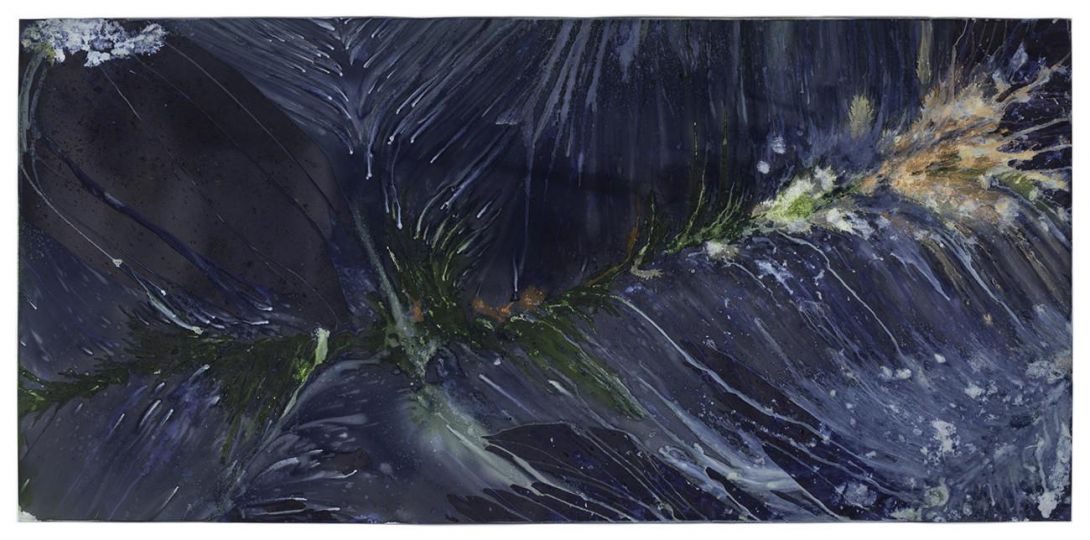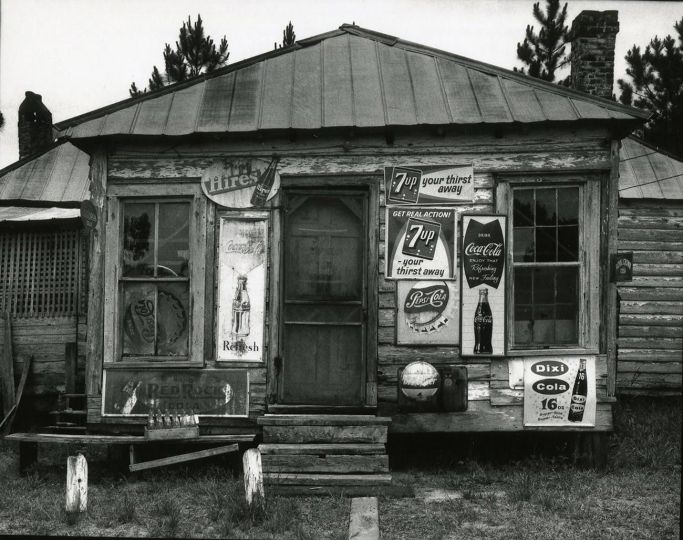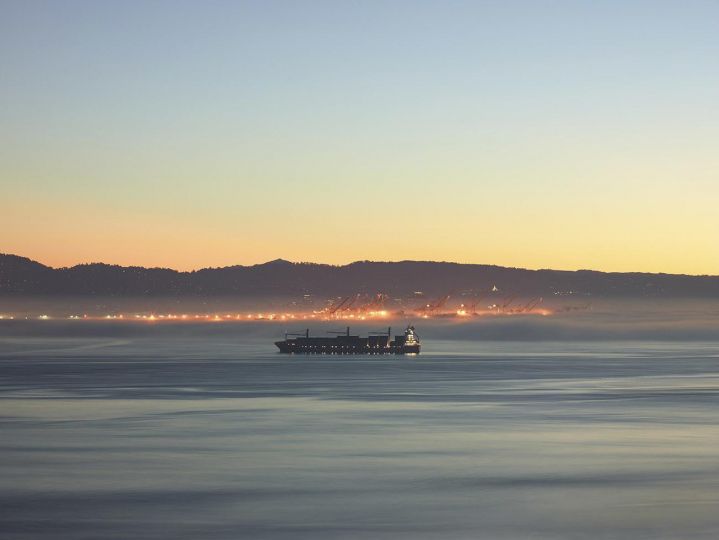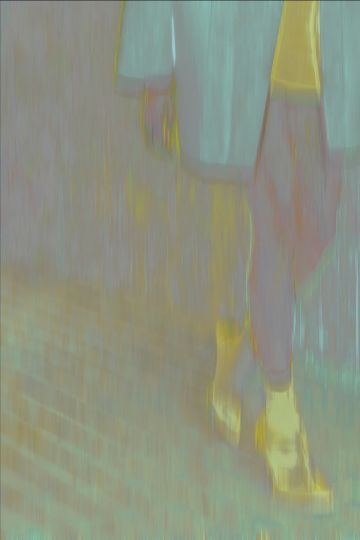It is in the harsh and belligerent light of summer that the street scenes of Fushikaden, the most emblematic series by Japanese photographer Issei Suda, are bathed. The images are taken in Tokyo, where he lives, but also and above all in the more distant provinces of Tohoku, Hokuriku and Kanto, where he visited matsuri, traditional popular festivals, half-religious, half-secular, during the 1970s. The archipelago is healing the wounds of the Second World War and the American occupation, and is facing tremendous growth, becoming in just a few years the second largest economic power in the world. The march is forced and time is short to grasp the daily life of a country struggling with a major identity crisis, between anchored tradition and the hysteria of modernity.
Issei Suda began his career as a photographer with Shuji Terayama’s experimental theater troupe Tenjo Sajiki in 1967, before starting to work as a freelance photographer in 1971. While he borrows his enigmatic title Fushikaden from the theory of traditional Noh theater, It was of the cinematographic writing of Hollywood or the films of Orson Welles that Suda, born in 1940, was nourished.
Photography magazines with national circulation develop their audience, sharpen the taste for novelty and rush into the frenzy of images. Amateurs and professionals compete for prizes and competitions. Much more than the non-existent or precarious institutions – museums or galleries – it is there, in the magazines, that the photographic history of the country is written and thought – in the present. Before being a book, Fushikaden was published in the form of rensai, a series of eight portfolios, in issues of Camera Mainichi which ran from December 1975 to December 1977. Suda’s success was immediate and the publisher Asahi Sonorama published the book Fushikaden in 1978, with a selection of 100 photographs instead of the 138 initially chosen by Suda. It was only in 2012 that Akio Nagasawa would publish the entire series, offering Fushikaden in its entirety, 34 years after its first publication.
Several avant-garde movements coexisted at this time, some marked by a strong political and documentary commitment, or still others, like that carried by the magazine Provoke, promoting more expressive and experimental photographic forms: blur, grain , the brutal explosion of contrasts revealing the subjectivity of their authors and the difficulty of describing the paradoxes of this new world.
At their side, Issei Suda, a shy but above all deeply independent man, appeared as a free electron and embraced the photographic medium in a more classic way, apparently. His square photographs taken with a Rolleiflex, with precise framing, stripped of obvious graphic effects, show street scenes and portraits. He captured his contemporaries with a radical outlook imbued with poetry and humor. If his photographs can sometimes bring to mind the surrealists or humanist photography, these Western references struggle to characterize the complexity of his compositions and the secular culture that they represent. The painted face of a Kabuki actor, the body of a woman on the beach, children going to school, improbable or rigid postures, closed eyes… the photographer pays keen attention to the insignificant details of life. The moments he chooses are also his own, as if they came, just after or just before, to capture the abnormal pulse of an unstable and strange reality, of a humanity that stutters. He picks out, in the ordinary and the banal, the sublime that escapes us.
Exhibition produced in partnership with the Mougins Photography Center and the Akio Nagasawa Gallery, Tokyo.
Issei Suda: Fushikaden
Until October 13, 2024
Centre d’art GwinZegal
Former prison of Guingamp
4 rue Auguste Pavie
22200 Guingamp
02 96 44 27 78
[email protected]
www.gwinzegal.com
Exhibition from July 5 to October 13, 2024
Open Wednesday to Sunday from 11 a.m. to 6:30 p.m.
Summer hours until September 1 from 11 a.m. to 6:30 p.m. — Free entry
Closed on public holidays except August 15

